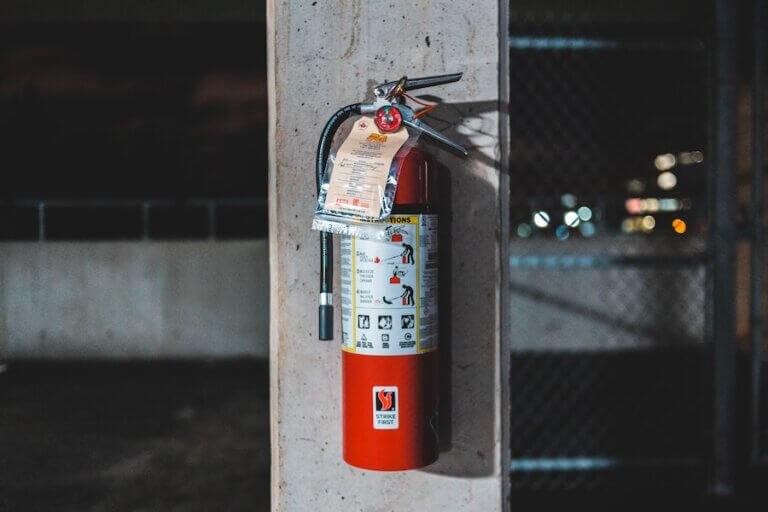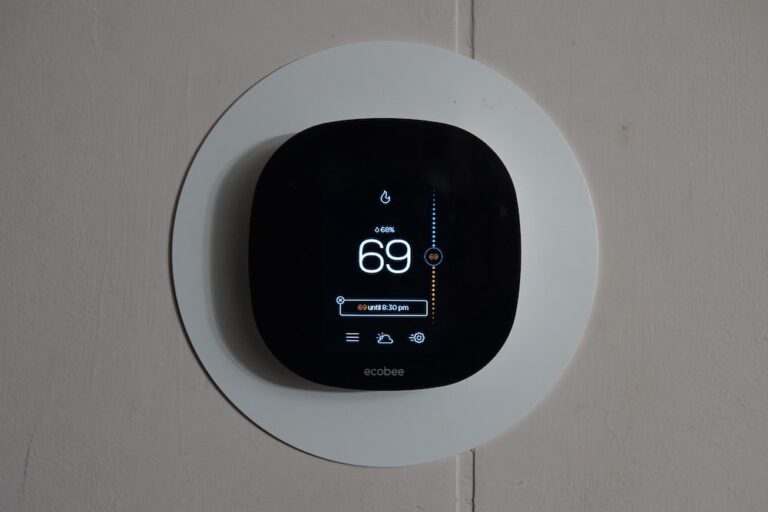If you live in Pennsylvania, you have probably become accustomed to spending more money on energy in winter months as you heat your home. If your home runs on heating oil, we have some good news for you. There are several ways to save energy and money on heating oil, starting with these 10 tips to reduce heating oil costs:
1. Tune-Up Your HVAC System.
You should have your HVAC system tuned up annually, or at least every other year to ensure it is running as efficiently as possible. Cleaning out the system will ensure that as much heat as possible is created for every gallon of heating oil used, and that your filters are clean so air can flow freely through your house if you have forced hot air. A tune-up also acts as preventative maintenance so you will be less likely to have a breakdown in the middle of winter. Our team of highly experienced heating & cooling technicians offers excellent HVAC services in PA.
2. Seal Drafty Doors.
If you are wondering if your hot summer air or cold winter chills are leaking into your home? Simply place your hand over the edges of your windows and door frames to determine if there is a leak. If you feel air coming in, you’re not only wasting energy trying to counter the air coming in, you’re also wasting money. You can re-caulk to ensure tight seals around your windows and place a door draft blocker under your door to seal up drafts.
3. Remove Obstructions.
Are your vents covered by furniture or curtains? If your vents are blocked, the room won’t heat the way it should, causing the unit to work harder and less efficiently. Take a quick loop around your house to determine if any vents are being blocked.
4. Program Your Thermostat.
A programmable thermostat helps you save money on home heating oil by efficiently managing your temperature throughout the day when you’re home or away. Manually adjusting your thermostat works, but having the ability to schedule the thermostat to adjust based on your regular work schedule can be very beneficial. A smart thermostat will even learn from your choices and provide you with smarter changes for ultimate savings.
5. Add or Improve Insulation.
Insulation – the pink cotton candy-like substance that you see inside walls – is what acts as your home’s blanket. Insulation keeps warm air in and cold air out during the winter months. If your house was built earlier than the mid-1900s, odds are it may not even have insulation. If this is the case, you should consider getting a quote for blown-in insulation. You can add blown-in insulation from the exterior of the house without needing to replace all of the siding. Instead, small holes can be added, or single strips of siding removed in order for the insulation to be added. This can help you reduce heating oil costs if you plan on staying in your home long term.
6. Close Off Unused Spaces.
This is especially recommended if your home is heated with forced hot air. Simply close the air vents in any rooms that are unused, and close the door to that room as well. Be sure to not close off too many vents in one particular part of the house though, as this could create back pressure that is detrimental to your heating system. If your home is heated using a boiler, see if you can adjust the temperature down in the parts of the house that are unused. Just be careful during extremely cold weather though, as turning the heat down too far can lead to frozen pipes.
7. Upgrade Your HVAC System.
Oil-fired HVAC systems tend to last as long as 30 years! With that said, they do tend to lose efficiency over time, meaning that less of the heating oil is actually being converted to heat as the furnace ages. If your furnace is over 15 years old, you may consider installing a new one. Newer oil furnaces or boilers tend to be much more efficient and put out more heat than older ones. Be sure to track your oil consumption using a Smart Oil Gauge so you can see exactly how much home heating oil the new system saves you.
8. Comparison Shop.
Just because you had the cheapest heating oil prices last year, doesn’t mean they will be the cheapest oil prices this year. Call around to compare current heating oil prices to see who has the cheapest heating oil for purchase. If you find that Bucks County Fuel is not the cheapest option, give us a call and we will work with you to get you the best prices possible.
9. Fill Up In The Off Season.
Just like any commodity, heating oil prices can rise and fall depending on demand. It may be beneficial to have your tank filled in the summer while everyone else has their mind on sitting by the pool. This is typically when heating oil prices are at their lowest. Take advantage of this and give us a call today!
10. Properly Gauge Heating Oil Amount.
Are you in need of heating oil but not sure how to read the chart and figure out how much oil you need to fill your tank? No worries! Bucks County Fuel provides a heating oil conversion chart for your convenience. If you are having trouble determining the right amount of oil needed for your next fill up, give us a call as we can help you better understand the ins and outs of the fuel heating oil tank conversion chart.




